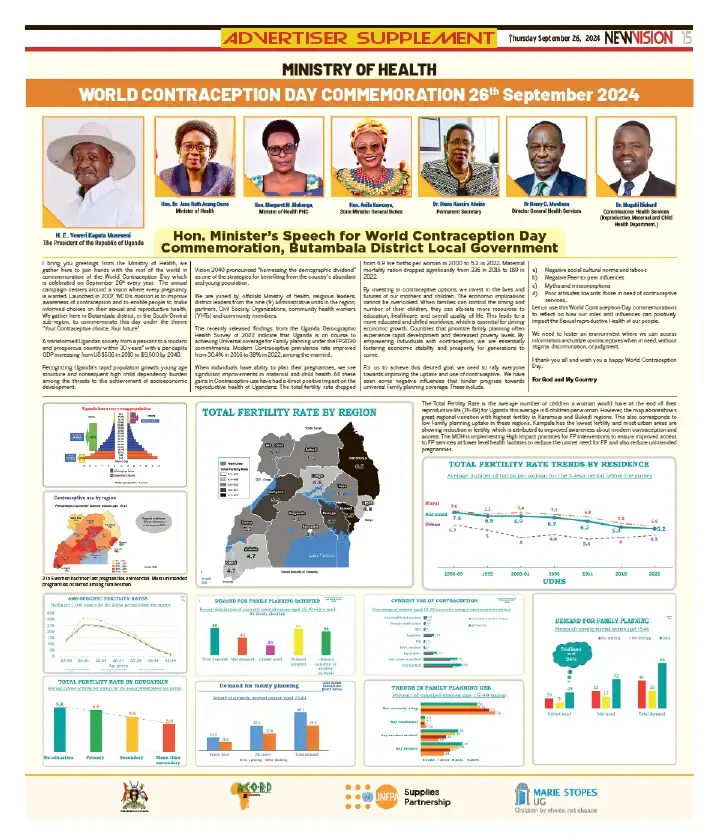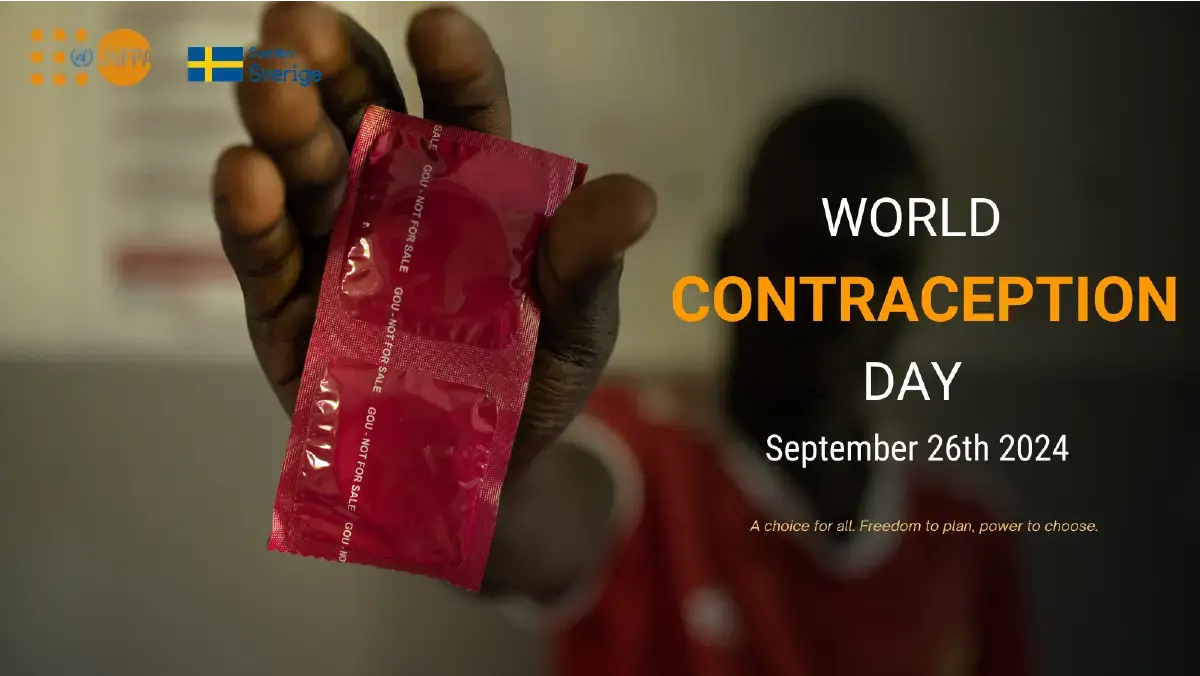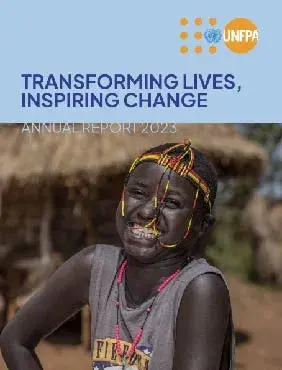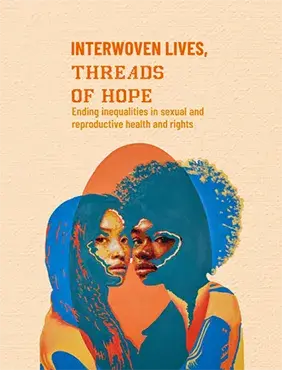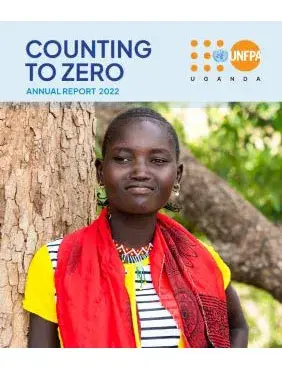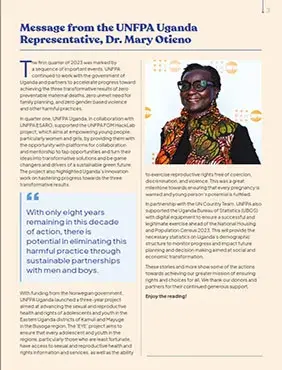Publications
Publications
Technical Reports and Document
National Disability Stakeholder's Mapping Report
The purpose of the mapping exercise was to generate information on existing social services offered to persons with disabilities by partners. This aimed at facilitating the develop...
Read more
Technical Reports and Document
Report on Management and Disposal of SGBV Cases for Justice Service Delivery in Uganda
The identified good practices for the management and disposal of SGBV cases adopted a victim-centered approach which has seven core principles: Respect; Non - discrimination; Safet...
Read more
Publication
Supplement by Ministry of Health on World Contraception Day 26th September 2024
UNFPA partnered with the Government of Uganda to mark World Contraception Day on September 26th, 2024. This special supplement, published in the New Vision, highlighted Uganda's st...
Read more
Declarations and Statement
JOINT STATEMENT ON WORLD CONTRACEPTION DAY 2024
On this World Contraception Day, the Embassy of Sweden and UNFPA in Uganda reaffirm our unwavering commitment to advancing sexual and reproductive health and rights (SRHR) for all,...
Read more
Technical Reports and Document
GAP ANALYSIS AND INVESTMENT CASES OF POPULATION-RELATED INDICATORS AND ISSUES IN UGANDA
This Gap Analysis and Investment Cases for Population-related Indicators report tracks progress in key indicators related to the three population-focused transformative results (TR...
Read more
Annual Report
Transforming Lives, Inspiring Change
UNFPA Uganda Country Office is proud to present the 2023 Annual Report, "Transforming Lives, Inspiring Change." This report captures our journey and achievements over the...
Read more
State of World Population Report
State of World Population Report (SWOP) 2024
New UNFPA report finds 30 years of progress in sexual and reproductive health has mostly ignored the most marginalized communities. ...
Read more
Annual Report
Counting to Zero
UNFPA Uganda Country office is pleased to share with you its 2022 Annual Report ‘Counting to Zero.’ This report is a snapshot of the achievements of the Country o...
Read more
Newsletter
UNFPA Uganda Quarterly Newsletter Issue 1 Quarter 1 2023
The first quarter of 2023 was marked by a sequence of important events. UNFPA continued to work with the government of Uganda and partners to accelerate progress toward achieving t...
Read more



